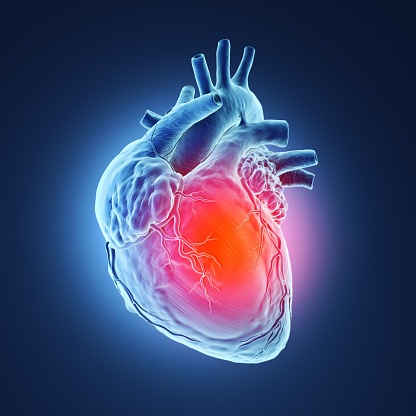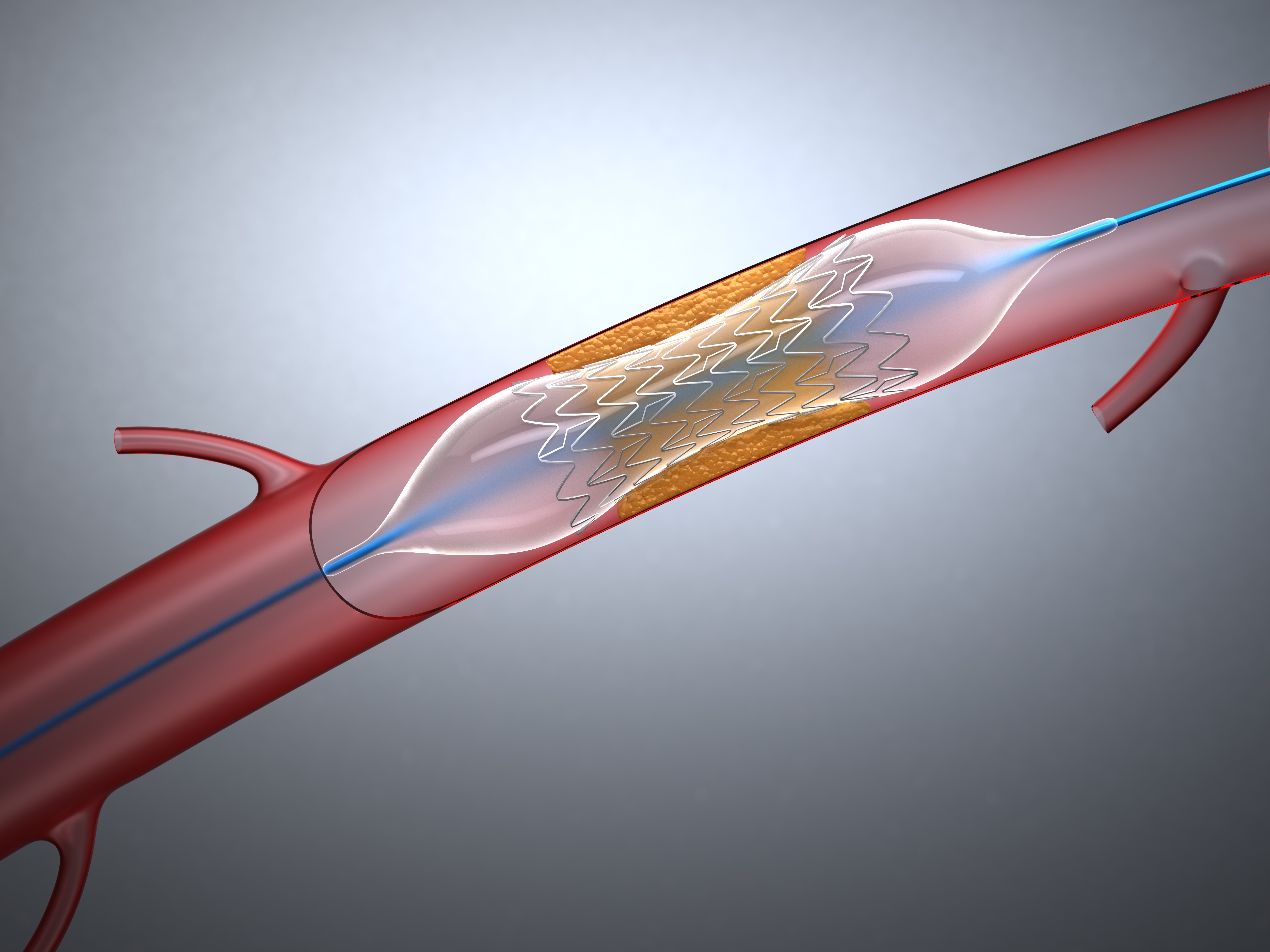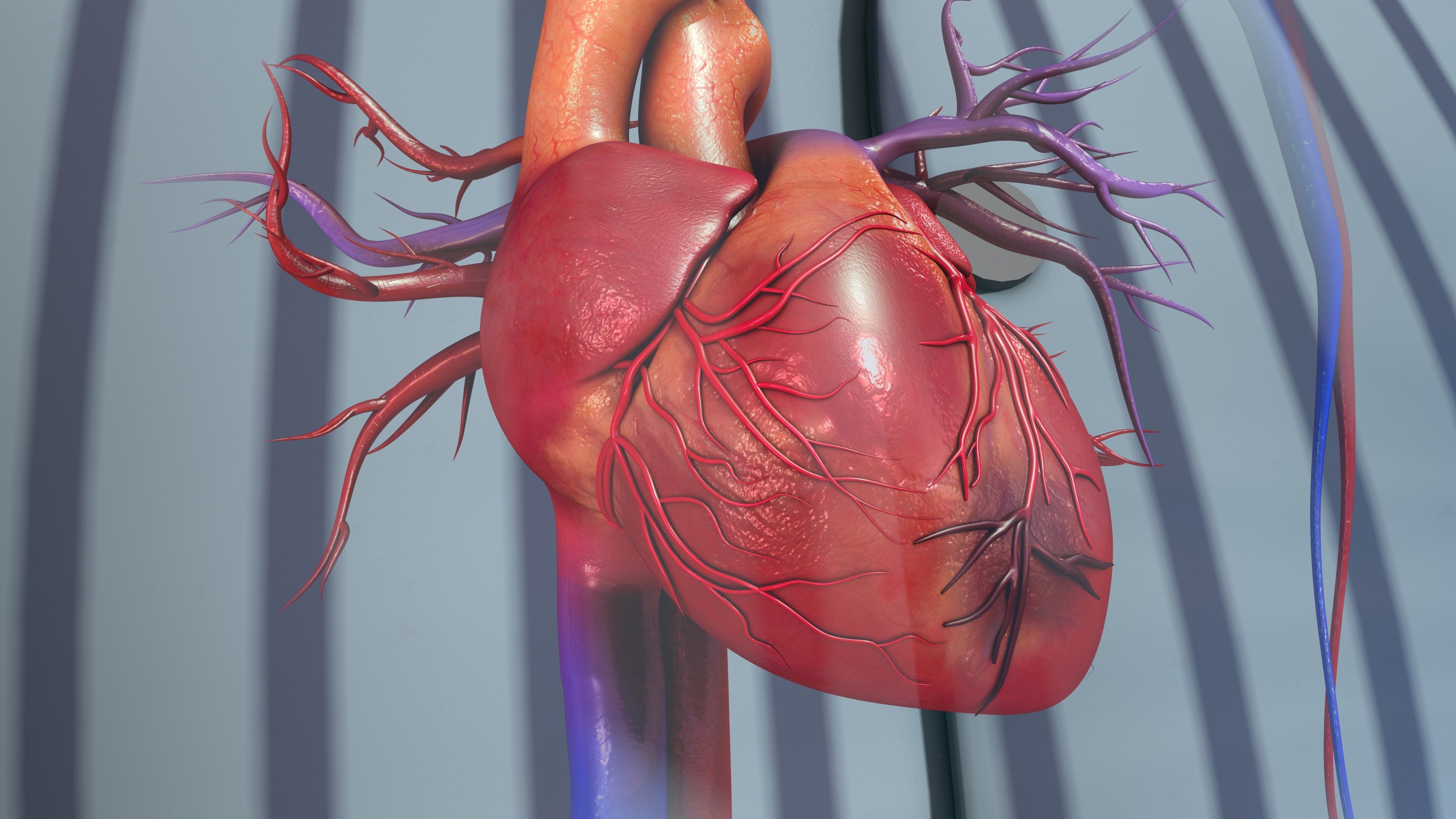
The findings of a new study suggest that individuals who have survived heart attacks have an increased risk of developing cancer.
Study researchers obtained data from the Framingham Heart Study to analyze data from 12,712 participants (median age, 51) who at baseline did not have cardiovascular disease (CVD) or cancer. Subsequently, they used The American Heart Association/American College of Cardiology’s Atherosclerotic Cardiovascular Disease (ASCVD) risk estimator as well as biomarkers to assess CV risk.
According to the results, over a study period of 15 years, 1,670 cases of cancer occurred, of which: 19% were gastrointestinal; 18% were breast; 16% were prostate; and 11% were lung, respectively. The researchers observed that CV risk factors such as sex, age, high blood pressure, and smoking were independent variables linked to cancer risk, and participants with a 10-year ASCVD risk of 20% or higher were more than three times more likely to develop cancer than those with a 10-year ASCVD risk of 5% or lower.
Moreover, the study results showed that people who developed cardiovascular disease (CVD) during the study period incurred more than a sevenfold increase for a subsequent cancer diagnosis juxtaposed to patients who did not suffer a cardiac event. Patients with a high B-type natriuretic peptide (BNP) biomarker were also more likely to develop cancer.
“It’s a double whammy,” said study lead author Emily Lau, MD, a cardiology fellow at Massachusetts General Hospital in Boston, in a press release. Heart disease and cancer are the two leading causes of death in the United States. We now recognize that they are intimately linked. This tells us that we, as physicians, should be aggressive in trying to reduce CV risk factors not only to prevent heart disease, but also to consider cancer risk at the same time.”







 © 2025 Mashup Media, LLC, a Formedics Property. All Rights Reserved.
© 2025 Mashup Media, LLC, a Formedics Property. All Rights Reserved.